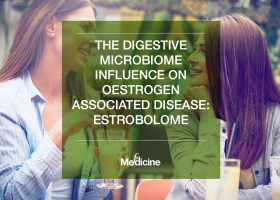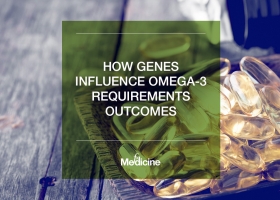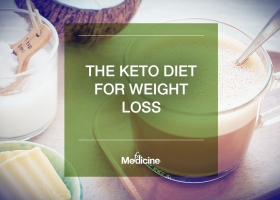The role of bacteria within the human body is increasingly being shown to have a diverse range of effects on health and disease. A relatively new microbiome concept, within the body, is that of the estrobolome. This is the congregation of bacterial genetic enzyme expression, which influences oestrogen kinetics[1] and is responsible for metabolising oestrogen.
In the age of nutrigenomics, further evidence is coming to light that suggests a greater need for omega-3 supplementation in individuals with certain single nucleotide polymorphisms (SNPs), as revealed in DNA testing.
What’s becoming increasingly clear, is that for the foreseeable future, due to social distancing, we could see a downturn in the amount of face-to-face consultations that are carried out by all healthcare practitioners. So, is now a better time than ever to see how you can digitise your practice?
A recent clinical trial has revealed that several active ingredients in sunscreen are detected at high levels within the blood after only one day of frequent use.
The Natupreneur Experience is THE annual business and personal development event for Nats, Nuts, Herbies & Praccies has finished up for 2020.
The use of non-natural sweeteners, interchangeably known as artificial or intense sweeteners, is broad both geographically and in terms of the multitude of ingested substances they are incorporated in. Characterised as low caloric additives that act as sugar substitutes in predominantly ‘low-energy’ or ‘low sugar’ foods and drinks, their extensive and increasing use in recent decades is attributed to the increased prevalence of obesity and metabolic pathologies and consequent shift towards low carbohydrate/low sugar dietary patterns.
The keto diet is characterised by a high intake of fat, adequate protein and a very low intake of carbohydrate.[1,5] While there are variations on the ratio of macronutrients, the standard ketogenic diet contains approximately 80% fat, 15% protein and 5% carbohydrates.6 Typically, carbohydrates are reduced to less than 50 grams a day in order to allow the body to utilise fat instead of glucose as its main source of energy.
The importance of a healthy digestive system has long been recognised by complementary health professionals including naturopaths and herbalists. This concept is not new however, with Hippocrates, regarded as the father of medicine, reportedly stating that “all disease begins in the gut” over 2000 years ago.








